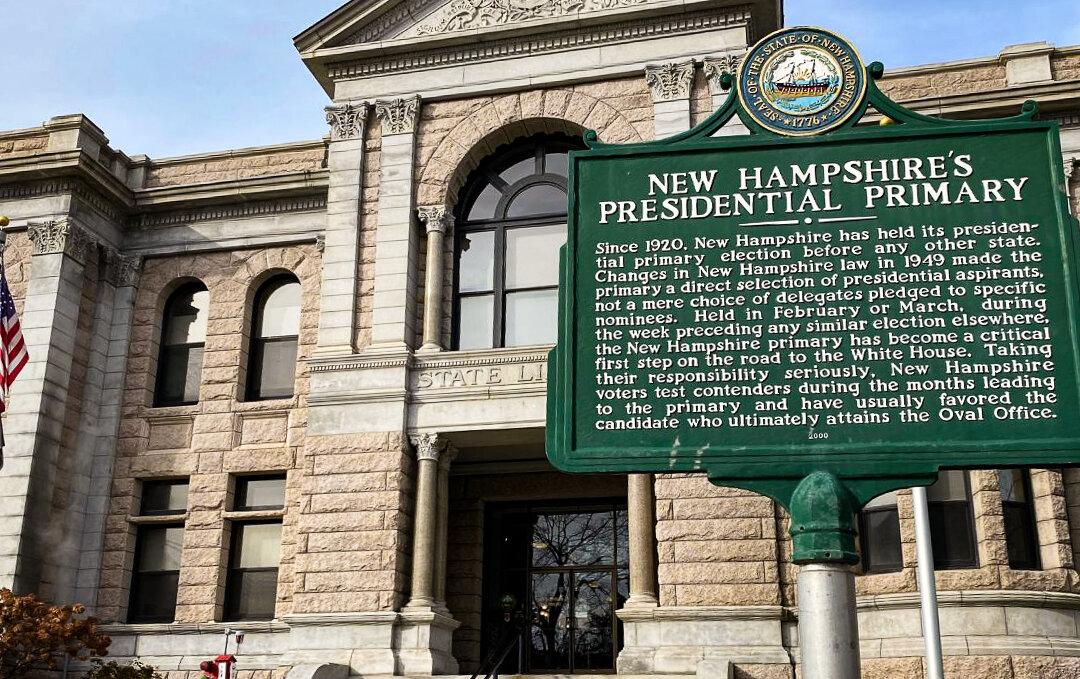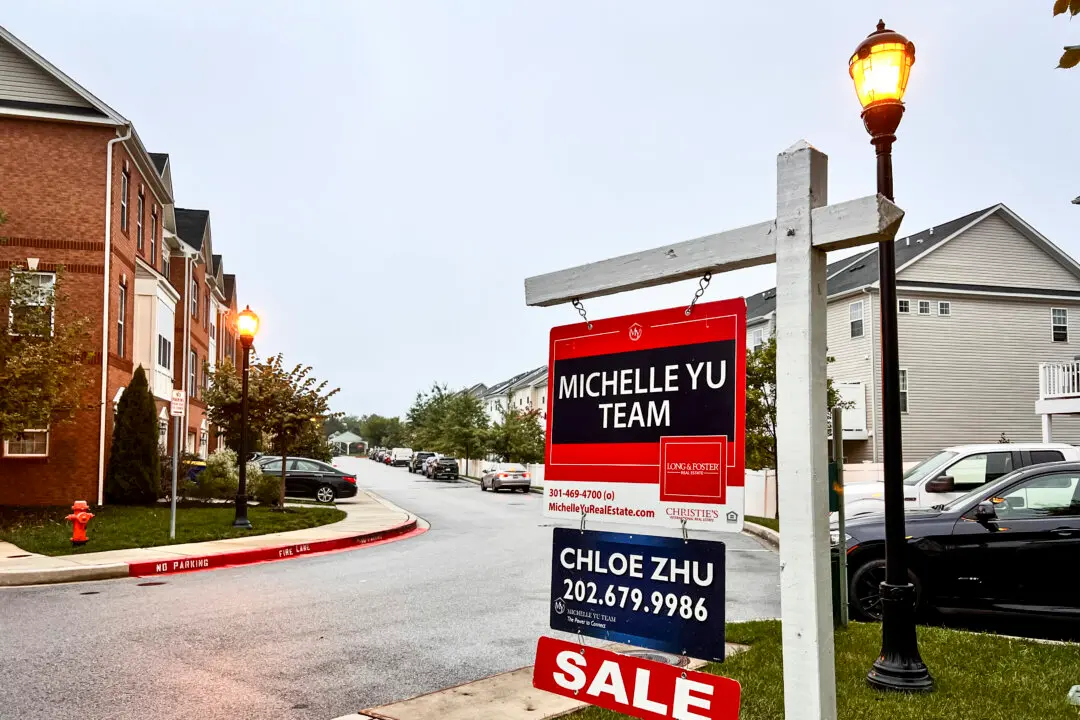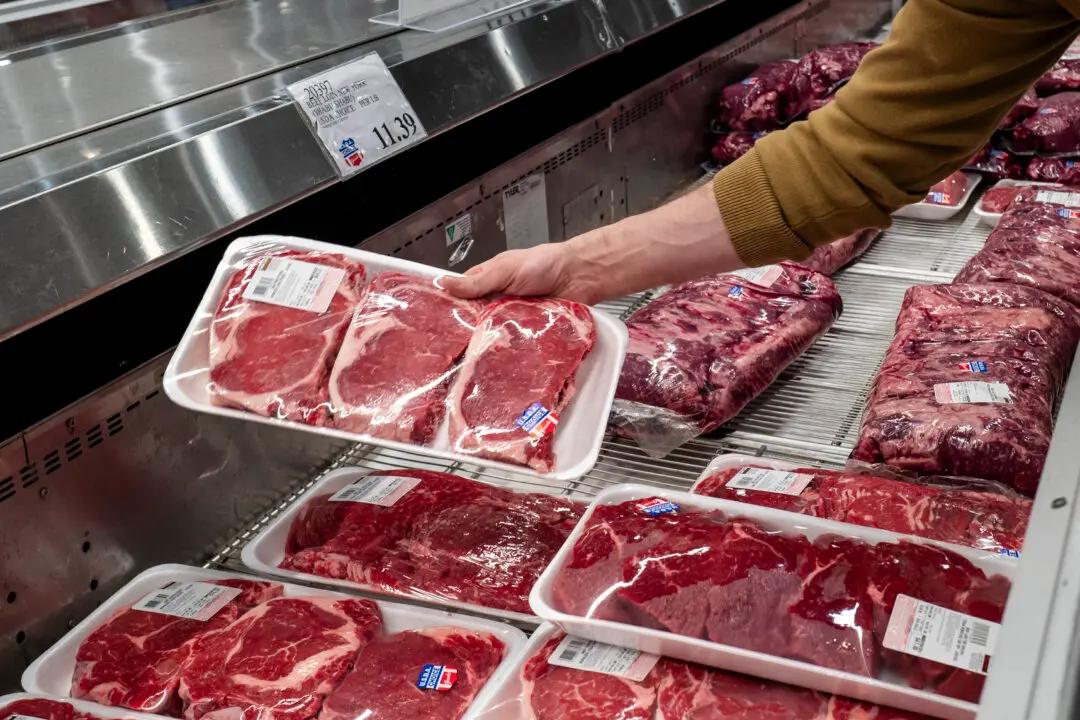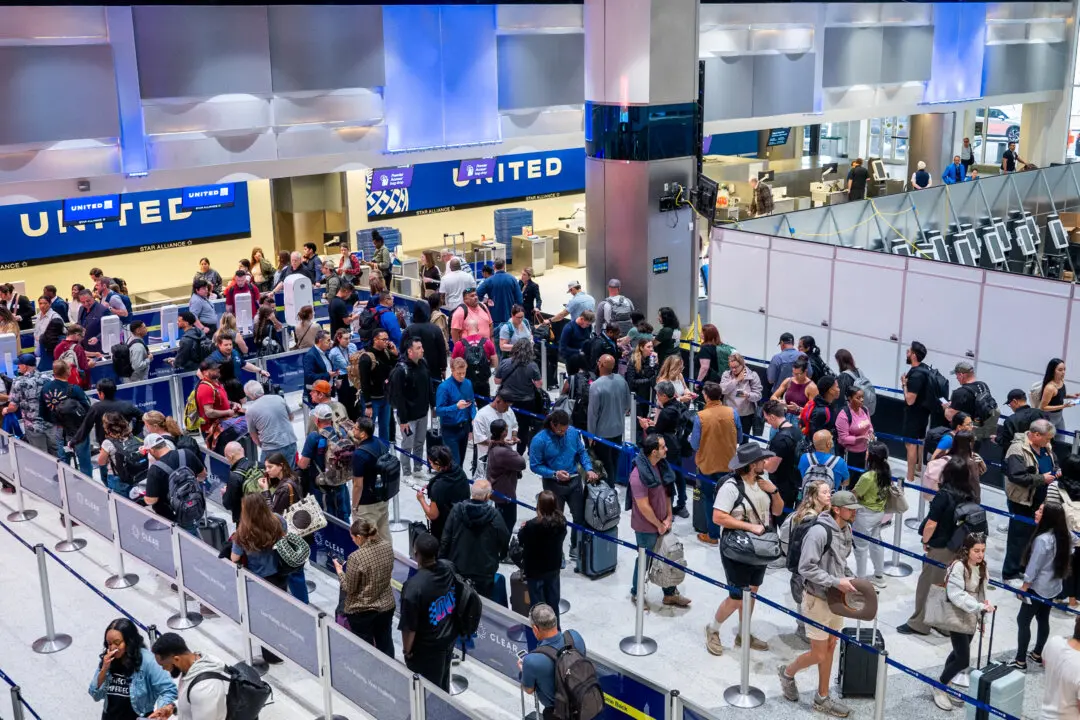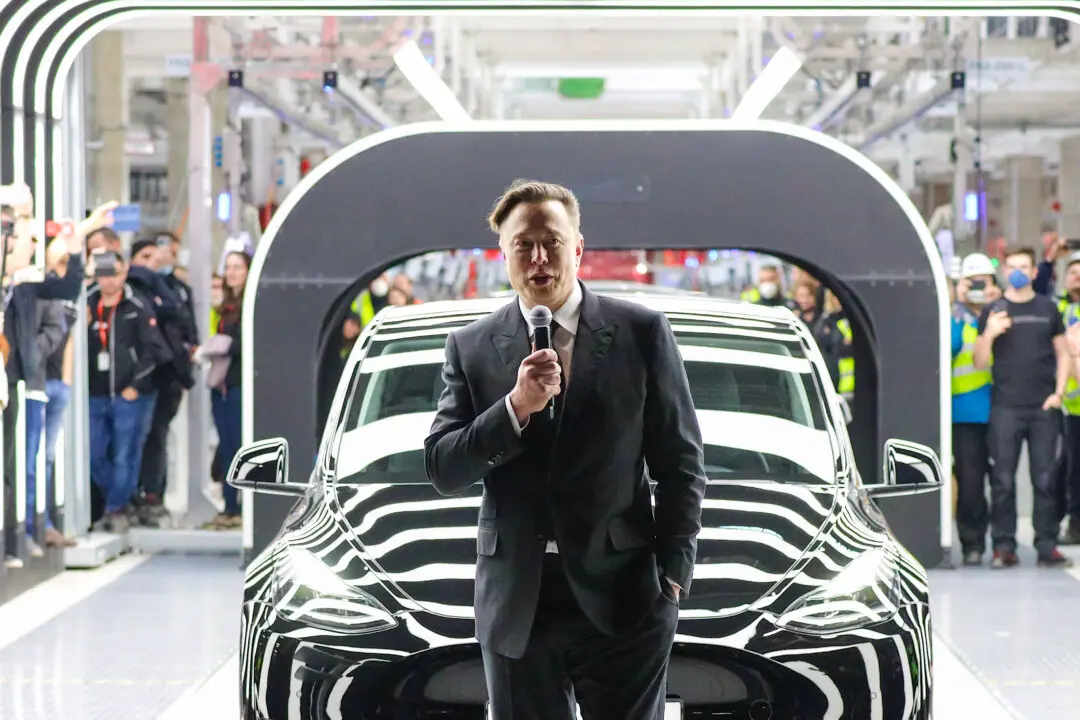New Hampshire’s first in the nation presidential primary has two meanings. Along with going first in the national process, the Granite State was the first to hold a primary contest where voters decided on a presidential candidate rather than party officials.
First in the Nation
For most of the political history of the United States, New Hampshire State Librarian Michael York said, the primary process was left up to the political parties. The Constitution says nothing about parties because most of the Founding Fathers were opposed to them in the first place.As parties emerged and became more organized in the 19th century, they would pick their candidates in stereotypical back-room deals, Mr. York said.
